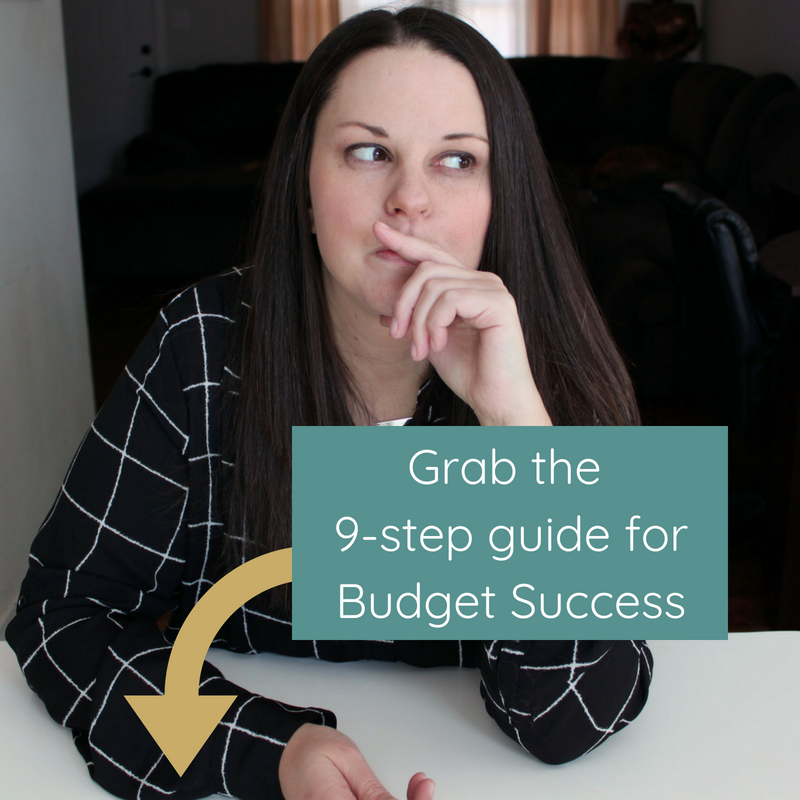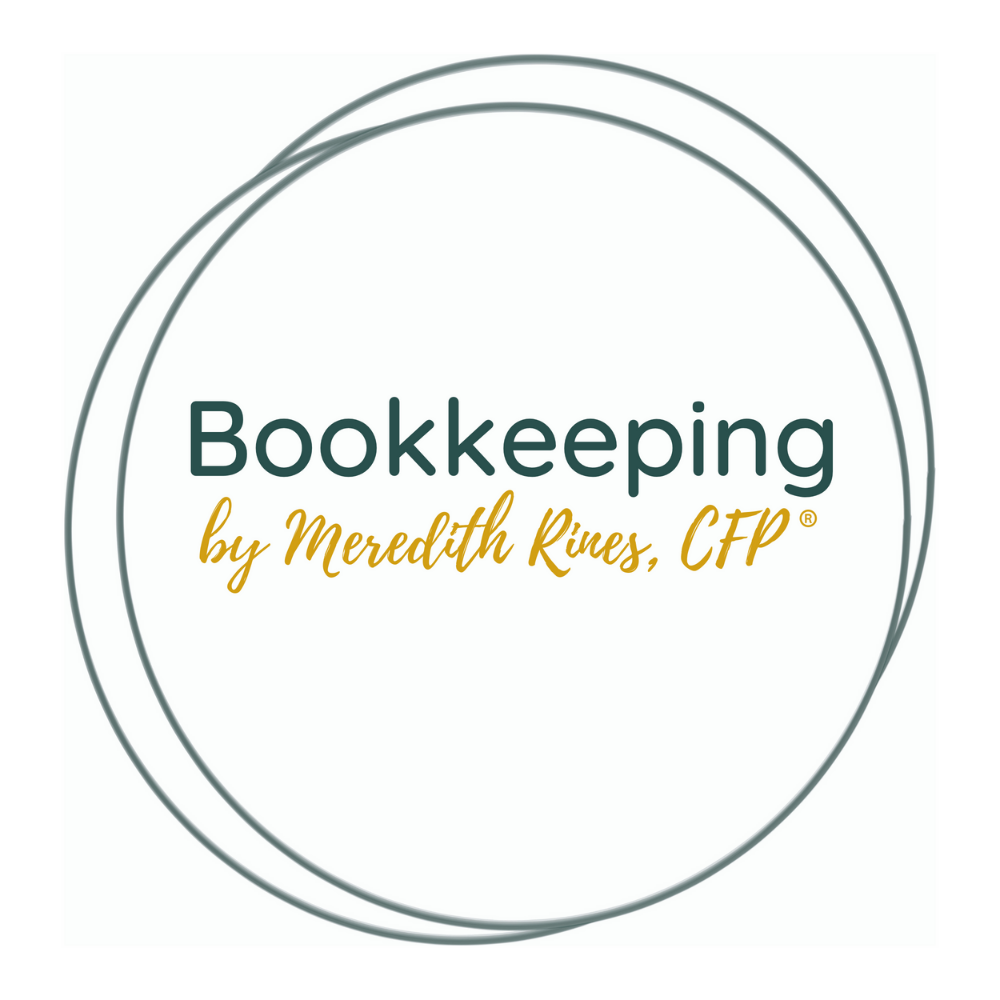
There are so many articles and blog posts out there that talk about what you should or shouldn’t be spending your money on. What your budget should look like for your family of four and so on. It gets overwhelming. I remember when we were first going through our debt and trying to pay everything off it was hard to know what to do. It’s hard to understand what works for someone else may not work for you.
All you can do is take advice from others and tweak it, adapt it to what will work for your family. So that’s what we’ve done. Then I started sharing my tips because I knew if it worked for us then maybe someone else could adapt it for themselves. While I have posts on budget tips and ideas, and even one on the 5 things we don’t spend money on, I don’t ever say my way is gold and is the only way. That’s not how it works.
You are different from me, different from your neighbor, different from your co-worker. And that’s okay. We should be different. We all have different goals and different paths. So what you need to do is take ideas from this blog, ideas from that blog and intertwine them into your lives. Make it your own.
In today’s video I’m sharing the 5 mistakes you should avoid with your budget. Now these tips work if you budget week-to-week or monthly. You can watch today’s video online or down below:
Here’s a quick recap of the 5 things to avoid in your budget:
Stop under budgeting
It’s one of the worst things you can do for your financial health. Under budgeting is simply where you estimate a budget that is less than what you can actually spend. Meaning, if you think you can spend under $300 a month in groceries for your family of 6 then good luck. I’m sure there are people out there, but that’s not the norm – that’s an exception. So if you think you can spend less than what you estimate or than what you have been spending I suggest you give it a try for a few months FIRST. That way there is still some money left over as a buffer. Once you work out the kinks then you can reallocate those savings some place else. It’s a big mistake to pull money from one category and automatically spend it some place else.
Not planning ahead for those emergencies
It sounds crazy to plan ahead for an emergency, right? They are unplanned emergencies for crying out loud! BUT you need to start planning for a rainy day. You may not know what’s going to happen or when it’s going to happen, but trust me, something will happen. So you can start planning ahead by putting money aside each month. We use our Sinking Funds Spreadsheet to help us. We estimate how much we typically spend on certain categories that usually come up – car maintenance, home repairs, dog care, licensing fees, and personal taxes. Now we’re putting money back each month so if something should break – like our fridge, then we have money in savings to cover it.
Not being on the same page with your spouse
Again, this one can really put a hole in your budget. A lot of spouses thinking differently about money, which is why it’s so important to have money dates with one another. You could be putting money into savings to cover your home owner’s insurance that’s due, but your spouse may not know that. So he sees money in there that he can use to pay towards a credit card or another bill. Now you’re insurance is due and you have no cash to pay for it.
Not doing any cost comparison
For any major purchases, let’s say over $200, you should be shopping around. Making sure you’re getting a good deal is not something to be worried about or feel bad about. With the Internet it’s easy to do your cost comparisons from the comfort of your couch, but you shouldn’t be afraid to ask questions. Not only should you be cost comparing on major purchases, but also on monthly expenses. When was the last time you shopped around for auto insurance rates, internet providers, and cell phone carriers? It’s probably been awhile. You don’t have to switch, but being knowledgeable about what all is available is a smart move.
For instance, we recently switched auto policy carriers. I wasn’t completely thrilled with the customer service I had been receiving so I used it as an excuse to shop around. Not only did I find someone who’s office is right next door to mine, but she also answered all of my questions. She took the time to meet with me, she called me back and gave me advice on what to ask my current insurance agent EVEN IF I didn’t switch to her. In the end she was a few dollars more a month, but that also included an umbrella policy (that I was paying separately for) and boater’s insurance (which I dropped once our son was born, so our boat has just been sitting in the backyard).
If you’re in Southeast Missouri and want her name, send me an email at meredith@merelynne.com and I’ll send it to you!
Splurging without knowing if you actually can afford it
Everyone is guilty of this from time-to-time. Thinking you have the money in your account or knowing it’s almost payday makes it hard to pass something up. Maybe you convince yourself you’re just too tired to cook and you do have an extra check coming this month. Maybe you’re tired of wearing the same work pants over and over each week, so you take a quick look at your banking app and decide to go for it. But what you haven’t done is make sure that money isn’t earmarked for something else. That’s why I love having our check register on Google Drive. That way I can pre-plan any upcoming expenses. One quick look and I not only know what I have in the bank today, but I also know if any bills will be coming out between now and the next payday.
MAKE SURE YOU SUBSCRIBE OVER ON YOUTUBE TO NEVER MISS A VIDEO.

Need more help?
Grab the Budget Success Checklist. This 9-step guide will help you create the perfect budget for your family. You’ll be able to easily organize your budget, know how to calculate your income, and know the difference between your fixed and variable expenses.
Latest posts by Meredith Rines, MBA, CFP® (see all)
- How To 10X Your Productivity With This Simple Tool // Using A Red Line Graph - June 24, 2020
- Mini DIY Office Makeover [Photowall Review] - June 17, 2020
- How To Track Your Projects and Profit With Subcontractors - June 11, 2020




